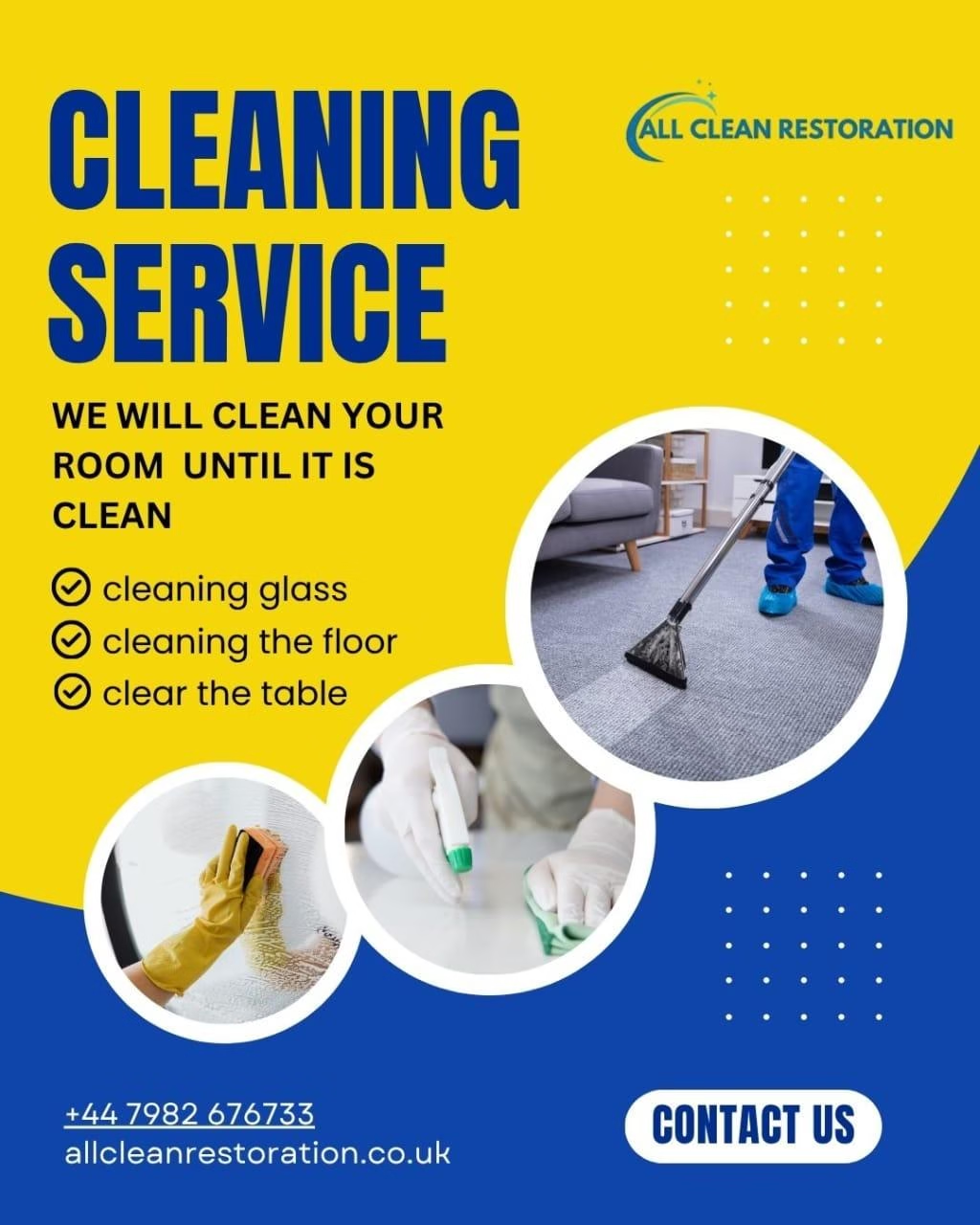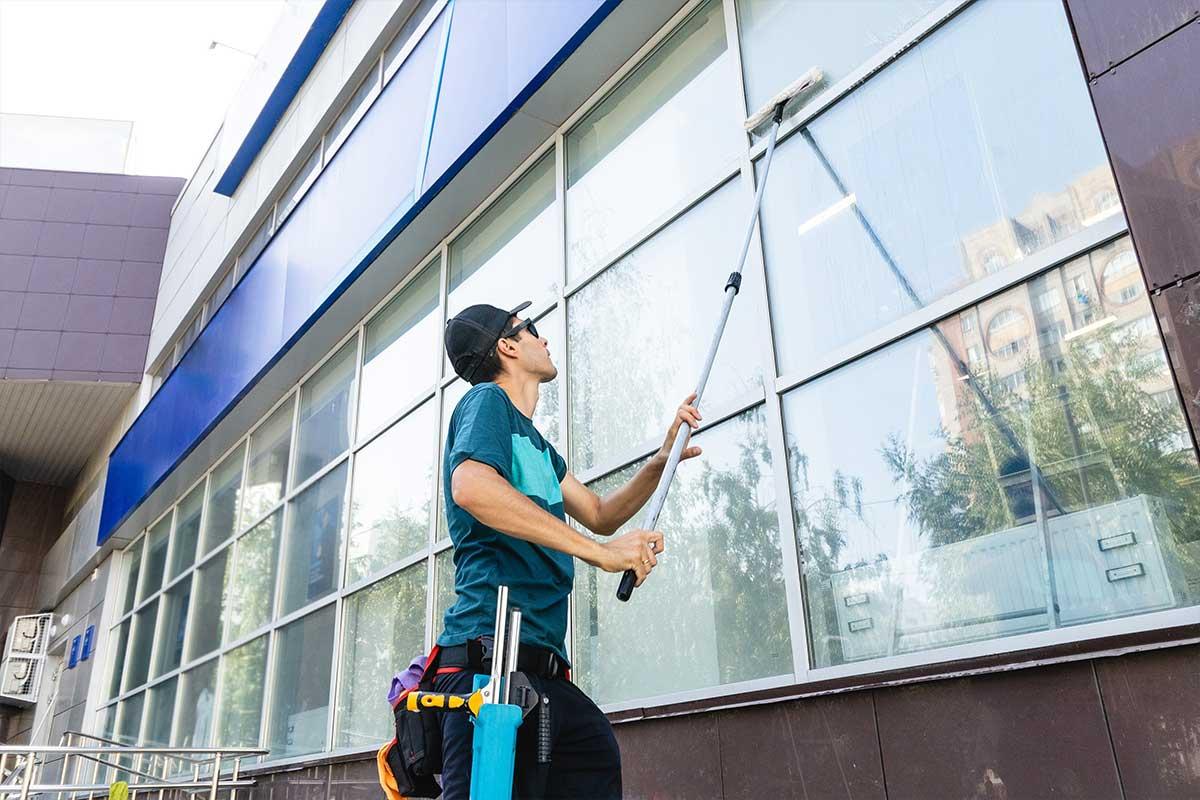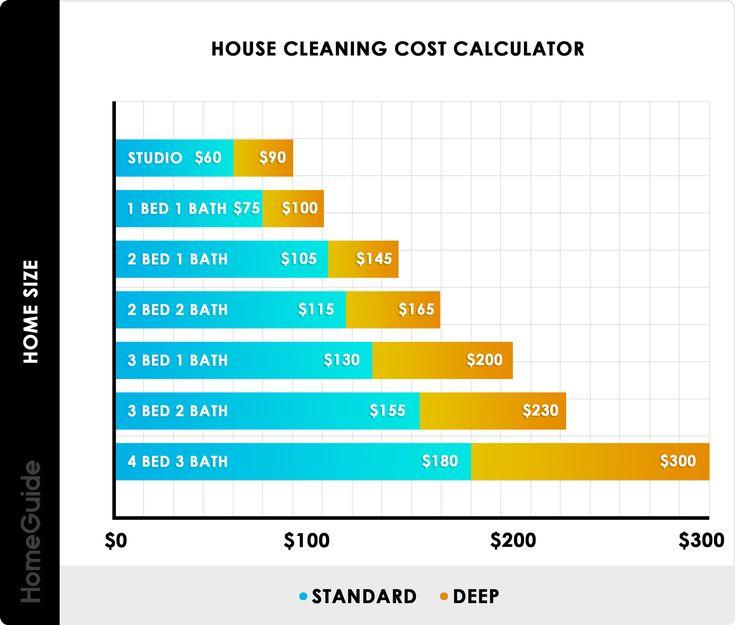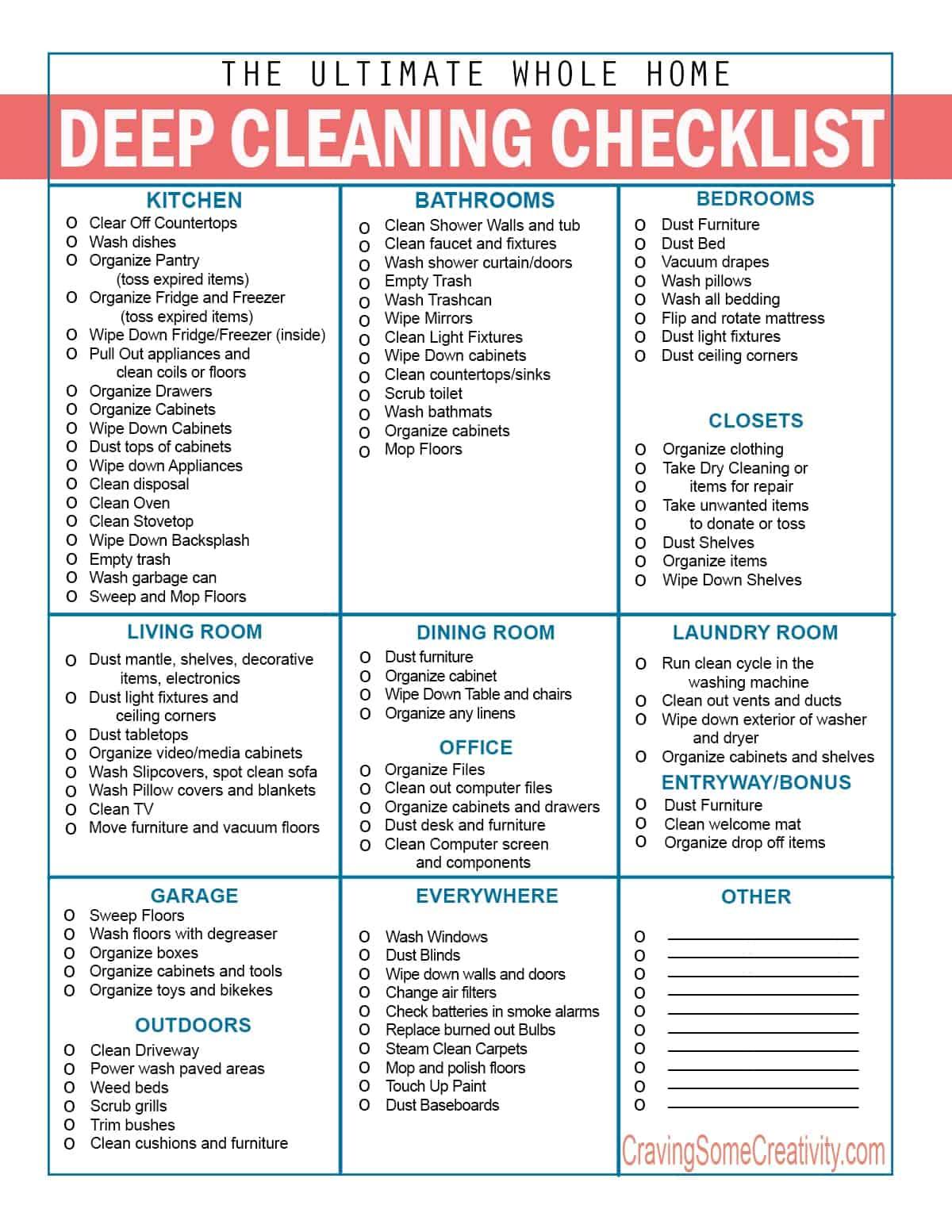
From terraced streets in Manchester to glass towers in Canary Wharf, cleaning services in England work largely out of sight, yet shape the spaces where people live, work, and gather. The sector is broad and practical: routine domestic visits, end-of-tenancy turnarounds, commercial office contracts, builders’ cleans after renovation, and specialist tasks such as carpet, oven, or biohazard cleaning. Demand shifts with the seasons and the setting-student lets and short-term rentals create peaks in university towns and coastal resorts, while city centres prioritise regular office hygiene and high-traffic floor care.
In recent years, expectations have sharpened. Post-pandemic standards, interest in low-impact products, and the rise of app-based booking sit alongside long-standing requirements for reliability, vetting, insurance, and adherence to health and safety rules. Providers range from sole traders serving a neighbourhood to national firms managing multi-site facilities; pricing reflects scope, frequency, and region, with London and the South East often commanding a premium.
This article maps the landscape of cleaning services in England: the main service types, how providers operate, what influences cost, the credentials and safeguards to look for, and the trends reshaping the industry-from greener methods and microfiber systems to scheduling tech and specialist training. Whether you are a homeowner, landlord, or facilities manager, understanding the options can make cleaner, safer spaces a straightforward choice.
Table of Contents
- Choosing the Right Service Type Domestic Deep Clean End of Tenancy and Commercial Options Explained
- What Good Looks Like Insurance DBS Checks Eco Credentials and Training Standards to Verify
- Pricing Benchmarks Across England Typical Hourly Rates Regional Variations Add ons and How to Compare Like for Like Quotes
- Scheduling for Results Recommended Frequencies Seasonal Checklists and When a One off Deep Clean Pays Off
- The Conclusion
Choosing the Right Service Type Domestic Deep Clean End of Tenancy and Commercial Options Explained
Start by matching your goal to the service profile: a Domestic Clean keeps day‑to‑day spaces tidy with recurring dusting, bathrooms, and floors; a Deep Clean dives into limescale, grease, skirting boards, and behind‑appliance zones; End of Tenancy focuses on inventory‑ready detail (incl. oven, appliances, and often carpet treatments) that meet England’s deposit scheme standards; and Commercial services scale for offices, hospitality, retail, and light industrial, pairing risk assessments, COSHH compliance, and out‑of‑hours options. Think about access, parking, and building rules common in UK cities, and choose providers with the right insurance and proof of work quality (checklists, photos, or digital audits).
- Scope: routine upkeep vs. one‑off restoration vs. compliance‑driven turnover
- Time pressure: move‑out deadlines, handovers, or opening hours
- Special tasks: oven, extractor, inside windows, upholstery, hard‑floor care
- Standards: landlord inventory, hygiene codes, or brand presentation
- Access & logistics: fobs, lifts, parking, site inductions
- Materials: eco detergents, pet‑safe products, fragrance‑free options
| Service | Best For | Highlights | Typical Add‑Ons |
|---|---|---|---|
| Domestic | Weekly/bi‑weekly homes | Surfaces, bathrooms, floors | Bed changes, inside fridge |
| Deep Clean | Spring refresh, pre‑sale | Scale & grease removal | Oven, blinds, inside cabinets |
| End of Tenancy | Deposit‑safe checkouts | Inventory‑level detail | Carpet steam, flea treatment |
| Commercial | Offices & venues | RAMS, COSHH, scheduling | Consumables, waste transfer |
When booking in England, ask for a clear checklist, fixed or hourly pricing (with what’s excluded), insurance certificates, and whether re‑cleans are guaranteed for inventory disputes. For commercial sites, confirm RAMS, DBS‑checked operatives where needed, and a waste carrier licence for disposal. Request timestamped photos for move‑outs, verify equipment suitability for your surfaces (stone, wood, wool), and agree on keys or code handling. With the right brief-scope, deadlines, access, and add‑ons-you’ll secure a service that fits your space, standards, and schedule.
What Good Looks Like Insurance DBS Checks Eco Credentials and Training Standards to Verify
When shortlisting providers across England, look for a practice of proof, not just promises: documented cover, verifiable vetting, credible environmental action, and skills you can audit. Strong partners will surface certificates proactively, timestamp renewals, and align their methods with recognised frameworks so you don’t have to chase. Ask how they protect people, places, and the planet in one joined-up system-and request samples of their records to confirm it.
- Insurance: Request current Public Liability (£5m+) and Employers’ Liability (£10m) certificates; check treatment risk, keys-in-care cover, and that cleaning activities are named on the schedule.
- DBS vetting: For schools, healthcare, or vulnerable settings, require role-appropriate checks (Basic or Enhanced), verify identity match, and confirm Update Service enrolment where used.
- Eco proof: Prefer ISO 14001, a PPN 06/21-aligned carbon plan, chemicals with EU Ecolabel (or equivalent), refill systems, and documented waste transfer notes.
- Training: Evidence of BICSc modules or City & Guilds, signed COSHH inductions, RAMS briefings, and task cards for infection control and working at height (IPAF/PASMA where relevant).
Keep a lean audit trail: store PDFs with expiry dates, link staff IDs to clearances, and schedule prompts for refreshers. For bids and facility audits, mirror public-sector language with product efficacy to BS EN 1276/14476, safety accreditations like CHAS or SafeContractor, and competency refresh cycles-showing you manage risk, quality, and impact with calm consistency.
| Proof | Minimum | Check | Tip |
|---|---|---|---|
| Public Liability | £5m + treatment risk | On renewal | Match legal entity |
| Employers’ Liability | £10m | On renewal | Visible in office |
| DBS (role-based) | Basic/Enhanced | On hire + annual | Use Update Service |
| ISO 14001 / Carbon Plan | Valid cert or PPN 06/21 | Annual | Publish summary |
| Chemicals | SDS + EN 1276/14476 | Annual | Prefer Ecolabel |
| Training | BICSc + COSHH | Onboard + 12m | Sign toolbox talks |
Pricing Benchmarks Across England Typical Hourly Rates Regional Variations Add ons and How to Compare Like for Like Quotes
Prices vary with location, service depth, and whether products and equipment are supplied. As a guide, standard recurring domestic visits typically range from £14-£22/hr in much of England, while London often commands £20-£30+/hr. Deep cleans and specialist tasks usually sit 20-50% higher. Travel time, parking, insurance, and scheduling flexibility all nudge the figure up or down.
| Region | Standard (£/hr) | Deep Clean (£/hr) | Min Hours |
|---|---|---|---|
| London | 20-30 | 25-40 | 2-3 |
| South East | 18-24 | 22-32 | 2 |
| East of England | 16-22 | 20-30 | 2 |
| South West | 16-22 | 20-30 | 2 |
| Midlands | 15-20 | 19-28 | 2 |
| North West | 14-19 | 18-26 | 2 |
| Yorkshire & North East | 14-18 | 18-25 | 2 |
To decode quotes, confirm what’s included and watch for extras that shift the bottom line. Deep kitchen/oven work, tenancy-grade sanitation, and carpet care are priced separately by many providers. Clarify supplies, equipment, and minimum booking times so you’re comparing the same scope-not just the headline hourly price.
- Oven deep clean: £25-£60
- Fridge/freezer: £15-£35
- Inside windows: £10-£25
- Carpet/upholstery: £20-£40 per room
- End‑of‑tenancy extras: £30-£80
- Eco products: +£2-£5/hr
- Pet hair/allergy care: +£2-£4/hr
- Provide equipment (vac/steam): +£3-£8/visit
- Parking, Congestion/ULEZ: at cost
- Weekend/evening premium: +10-30%
- Is VAT included in the rate?
- Who supplies products/equipment?
- Minimum hours, notice and cancellation terms
- Insurance, breakage policy, re‑clean guarantee
- Travel/parking charges and access constraints
- Exact scope: rooms, tasks, frequency, extras
- One‑off vs recurring discounts; continuity of cleaner
Scheduling for Results Recommended Frequencies Seasonal Checklists and When a One off Deep Clean Pays Off
Smart routines beat marathon scrubs. In most English homes, a light but consistent cadence keeps limescale, dust, and city grime in check without eating your weekends. Adjust by household size, pets, and location (coastal salt spray and hard water demand more attention). Think in layers: daily touch-ups for hygiene, weekly resets for floors and bathrooms, fortnightly detailing for high-splash and high-dust zones, and monthly/quarterly attention for appliances and glass that show the season’s weather.
- Daily: Kitchen counters, sink, hob wipe-down; spot-mop spills; handles and switches.
- Weekly: Bathrooms (descale taps/shower heads), vacuum and mop, dust surfaces, change bedding.
- Fortnightly: Skirting boards, internal doors, limescale hotspots, inside microwave, interior window smears.
- Monthly: Oven quick clean, fridge clean-out, upholstery vacuum, shower screen polish.
- Quarterly: Inside cupboards, full window clean, carpet shampoo in high-traffic areas, radiator dust purge.
- Biannual: Mattresses (rotate and refresh), curtains/blinds wash, behind/under large appliances.
Seasonal pivots keep results consistent and costs predictable, and they signal when a one-off deep clean delivers best value-after renovations, before/after tenancies, pre-listing a sale, ahead of hosting, or when illness/allergy seasons spike. A deep pass tackles build-up you no longer see (grout, extractor grease, hidden dust) and resets the baseline so regular visits stay quicker and cheaper.
| Season | Focus Areas | Pro Tip |
|---|---|---|
| Spring | Allergen purge; window tracks; soft furnishings | Use HEPA vac + wash curtains to cut pollen |
| Summer | Grease control; fridge hygiene; bins/compost | Sanitise caddies; degrease extractor filters |
| Autumn | Entryways; carpets; leaves and moisture | Two-stage mud mats to halve indoor dirt |
| Winter | Radiators; limescale; condensation mould | Dust radiators; run dehumidifiers in PM hours |
The Conclusion
From Victorian terraces to glass-and-steel offices, cleaning services in England span a landscape as varied as the weather. Providers range from sole traders to national firms, offering everything from routine domestic visits to specialist end-of-tenancy, post-build, and commercial contracts, with increasing attention to eco-conscious products and industry standards. Pricing models, equipment, and scheduling tech differ, but the goal remains consistent: a reliable, safe, and hygienic environment.
If you’re weighing your options, clarity helps. Define the spaces and frequency that matter most, ask about training, insurance, and products used, and look for transparent terms on cancellations, access, and quality checks. Whether you value the quiet precision of a weekly tidy or the thoroughness of a periodic deep clean, the right fit is the one that aligns with your needs and budget without fuss.
In a country that prizes both heritage and modern pace, a well-kept space isn’t a luxury-it’s a practical baseline. Choose thoughtfully, and let the rest of the day get on with itself.





